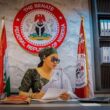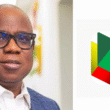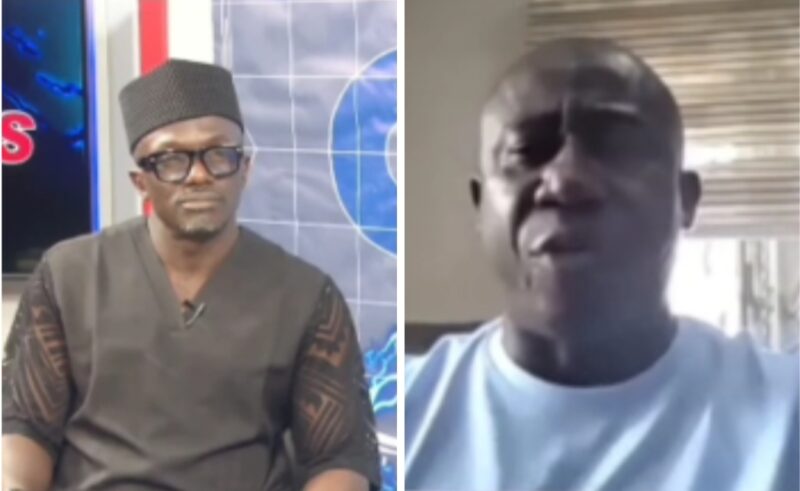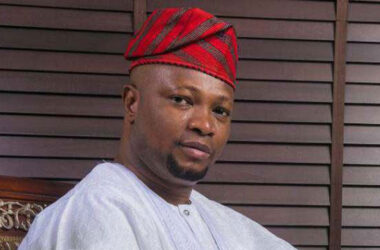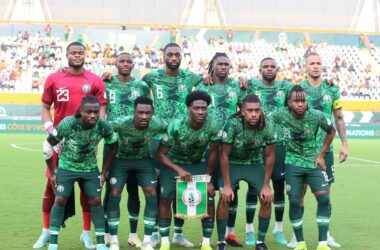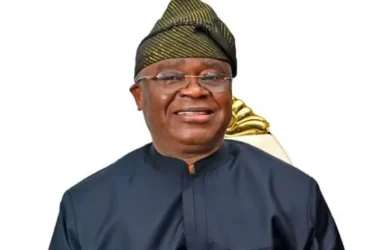Members of Nigeria’s House of Representatives clashed over the controversial Compulsory Voting Bill during a heated appearance on Inside Sources with Laolu Akande, which aired on Channels TV on Sunday. The debate featured Honorable Daniel Asama of the Labour Party, representing Bassa/Jos North Federal Constituency, and Honorable Mark Essiet of the Peoples Democratic Party (PDP), who represents Uyo/Uruan/Nsit Atai/Ibesikpo Asutan Federal Constituency.
The bill, which proposes mandatory voting for eligible Nigerians, has sparked intense debate both within and outside the National Assembly. While its proponents argue that it will revitalize civic engagement and electoral accountability, critics worry about the implications for civil liberties and the underlying structural weaknesses in Nigeria’s electoral system.
Honorable Daniel Asama, a veteran of international NGOs on humanitarian affairs, offered a passionate defense of the bill, insisting it is a response to widespread national demands for electoral reform.
“In fact, this bill is very important, I think not only to the fact that it’s going to address the issue of low turnout for voting, but it’s going to shape the entire electoral process once again. I’ve heard people in different quarters speak about electoral reforms. We at the constituency levels, when we do consultations and town hall meetings, these are some of the things that come up,” Asama said.
He added that beyond increasing voter turnout, the bill aims to instill patriotic values and civic responsibility among Nigerians, especially the youth.
“This bill, for me, is to reshape and reorient the mindset of our younger people. It is not targeted at a particular gender or…demography, but it is to generally re-inform and reorient Nigerians about some of our civic duties and what it takes to be actually a patriotic and a loyal citizen.”
Asama argued that many of Nigeria’s governance failures stem from a lack of national reorientation and civic loyalty.
“When people cry out for corruptions, when they cry out for mismanagement in government, it’s because people are not being true and loyal to the policies of the country. It’s not that the policies are not there, it’s just that people are not being loyal and being truly patriotic,” he said.
Responding to legal concerns that the bill might infringe on citizens’ fundamental rights, Asama offered a controversial analogy:
“So, are you telling me now that if I witness murder and I was there when it happened, and I refuse to testify…wasn’t I complacent?…You have all that freedom. This is still a freedom to go and choose. That’s what we are saying. We are not denying you. We are saying you are free to go and choose.”
He insisted that civic duties must operate within the bounds of national law, and that fundamental rights cannot be interpreted outside the responsibilities expected of citizens.
“Your fundamental human right has to bask around the policy of your country…It is not a fundamental violation because it’s a civic duty. It is a civic duty. It is not just a free will thing.”
However, Honorable Mark Essiet pushed back strongly against the bill, arguing that it distracts from the core problem of electoral mistrust and lack of vote credibility.
“The beauty of legislature is that you have the right to air your views… But as far as I’m concerned and my constituency… I have a different view. The problem of Nigeria is not the electorates…The electorates are very, very committed to exercising their civil rights.”
Essiet insisted that the focus should be on electoral integrity, not coercion.
“If we want to make a law… let us make a law that will make every vote to count. By the time we make a law that gives the confidence on the electorate, you don’t need to compel anybody to come out and vote… Give me the assurance that once I vote, my vote will count.”
He traced voter apathy to broken promises and rigged outcomes, not civic negligence.
“In 2009… the expectation was very high that by the time I vote, Nigeria [was] going to put this country in the right path… And when we all voted, what was the outcome of the election? We know what happened… So after 2009… definitely the interest of Nigerians… dropped.”
He concluded by warning against legislating voter participation without addressing the underlying lack of faith in the system.
“Let us have a transparent voting process. And you will see the whole system will drive itself.”
In a final rebuttal, Asama acknowledged that the electoral system is flawed, but insisted that mandatory participation was still a necessary first step toward systemic improvement.
“There must be votes before they count. If the votes count. So people are not even voting. What are you going to count?”
He continued: “I want to admit here that Nigeria is struggling. It’s a struggling democracy… But we need to fix it. And in fixing it, you have to look at it holistically… What starts, then what?… You have to prioritize what to take first.”
Asama emphasized that even the bill’s proponents recognize the strain on the Independent National Electoral Commission (INEC), and reforms to its capacity are also necessary.
“The very first paragraph in the introduction of the bill… is to make mention that yes, INEC is overstretched. We agree INEC is overstretched… That means INEC itself needs to be looked into.”
As the bill continues to generate national attention, its fate in the House remains uncertain. But what is clear is that the broader question it raises—how to restore citizens’ faith in Nigerian democracy—is far from resolved.


